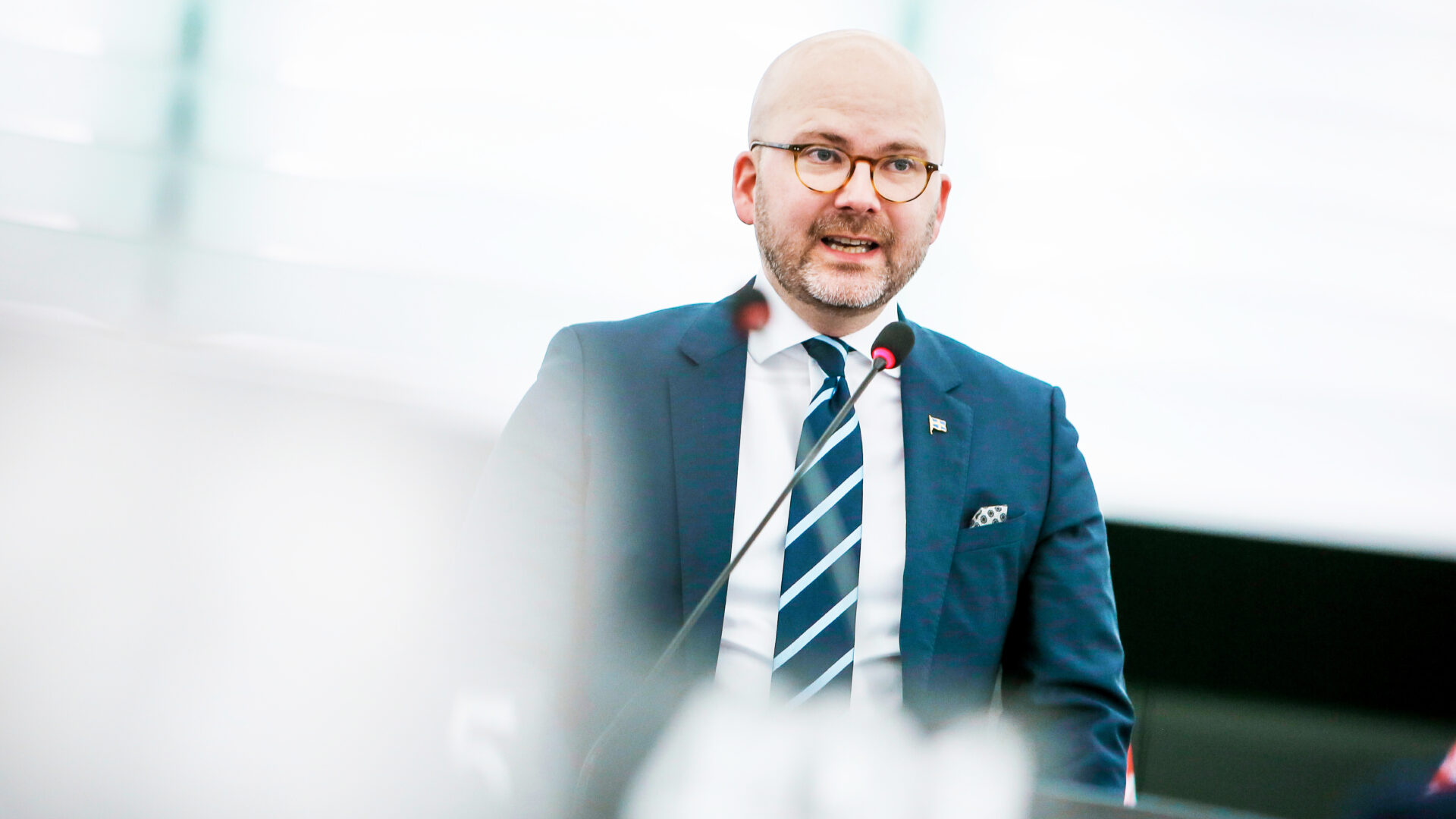No-one should be surprised by this outcome. The Parliament and Commission made a show out of appointing four “European Citizens’ panels”, each consisting of 200 citizens from all across the union, that would discuss and agree on policy recommendations for the EU to consider, but this was from the very beginning a pointless exercise.
There is no need for a focus group or panel to determine what the voters want – that is why we have elections. If it were the case that the Commission or Parliament were genuinely interested in the voters’ opinion on a topic they did not already know their opinion on, they could commission EU-wide opinion polls with a far greater sample than the 200 participants who took part in each panel, a sample so small as to make it impossible to make reliable statistical inferences.
Unfortunately, the so-called pro-Europeans made a sport out of ignoring election results and sleeping through repeated wake-up calls from the voters. Nowhere is this more obvious than in the Commission not learning the lessons of the Brexit vote. One would imagine that, having lost a major Member State, a conference on the future of the European Union ought to concern itself with how further withdrawals from the union can be prevented and how the complaints of the EU’s critics can be addressed. This kind of critical introspection is unfortunately wholly absent from the conference documents and policy recommendations.
Rather than truly listening to voters, the Conference prefers to hear the carefully filtrated opinions of panels that they themselves designed. While the participants are supposedly randomly selected, they are by the EU’s own admission provided with “professional support and guidance”, which in great part explains why the panels never recommend that any EU powers be limited or repatriated to the Member States.
Instead, the conference and its citizens’ panels have almost exclusively recommended expansions of EU powers; in fact, none of their recommendations would actually limit the union’s jurisdiction or restore sovereignty over any policy areas to the Member States. Furthermore, it should be noted that the panels’ recommendations are, with very few exceptions, identical to the policy objectives and goals already set by EU leaders, especially the federalist Spinelli-Group. If the panels were intended to provide new ideas from grassroots perspectives, they must be said to have failed remarkably – but then of course, that never was the intent. The European federalists have only ever intended to speak and listen to their ever dwindling cheering crowd, seemingly blissfully unaware of the growing anger on the ground over their disconnect and disrespect of ordinary citizens.
We, the ECR group, want to take the European Union in a different direction. We aim neither to dissolve nor centralise, but rather wish the EU focus on its core tasks such as eliminating trade barriers. One of the stated goals of the conference on the future of Europe was to help the people of Europe shape their common future, and it is because we wholeheartedly agree with this goal that we believe more powers need to be repatriated to the Member States, closer to the people. Where others seek solutions in supranationalism, we believe that mutually beneficial partnerships between sovereign Member States is the best way to reach our common goals of rebuilding prosperity, creating jobs, securing our borders and making sure that we leave Europe a better and more democratic place than we found it.
ECR MEP Charlie Weimers (Sweden Democrats)
Charlie Weimers is Vice-Chair of the ECR Group and leader of the Sweden Democrats delegation in the European Parliament. He is a member of the Committee on Civil Liberties, Justice and Home Affairs and the Committee on Foreign Affairs. A former vice-president of the Youth of the European People's Party, Weimers joined the Sweden Democrats because he believes the establishment parties are too weak on migration and too infatuated with EU federalism.
Promoted by the ECR group at the European Parliament.


